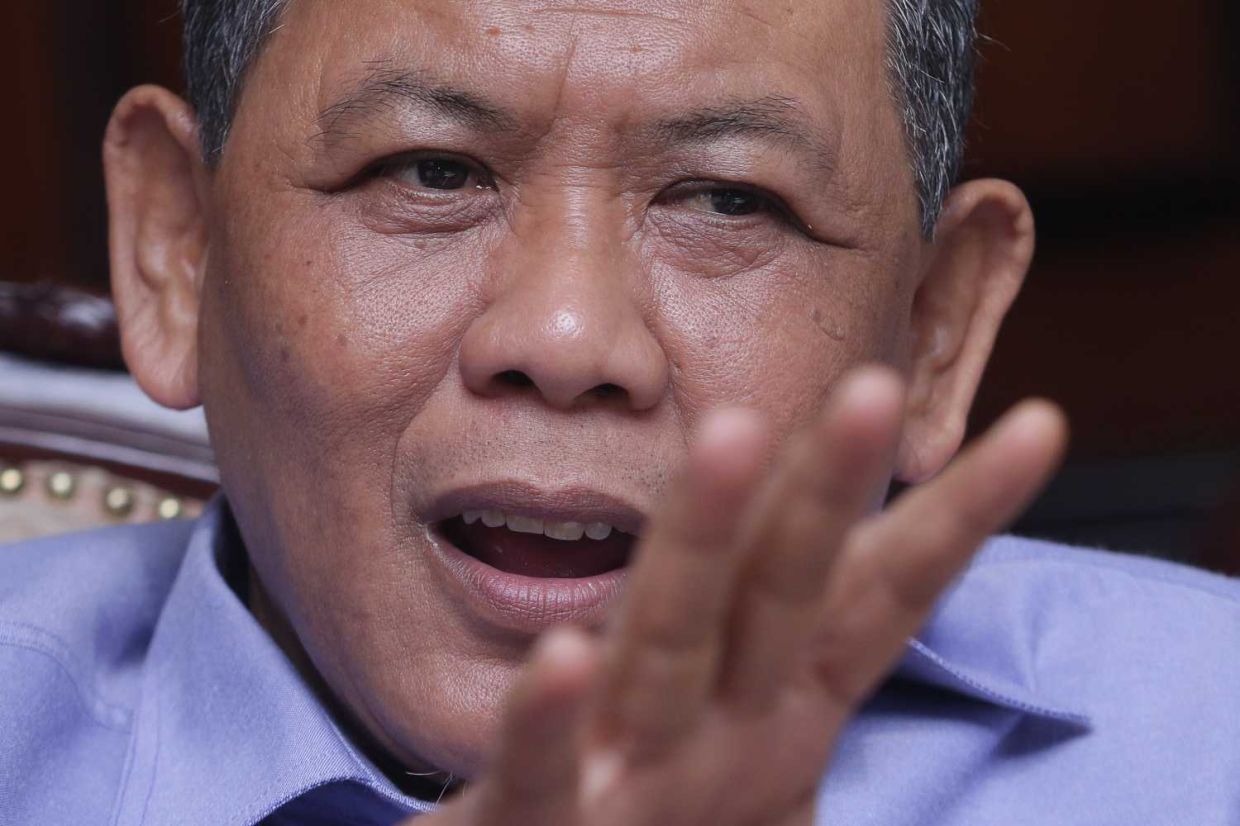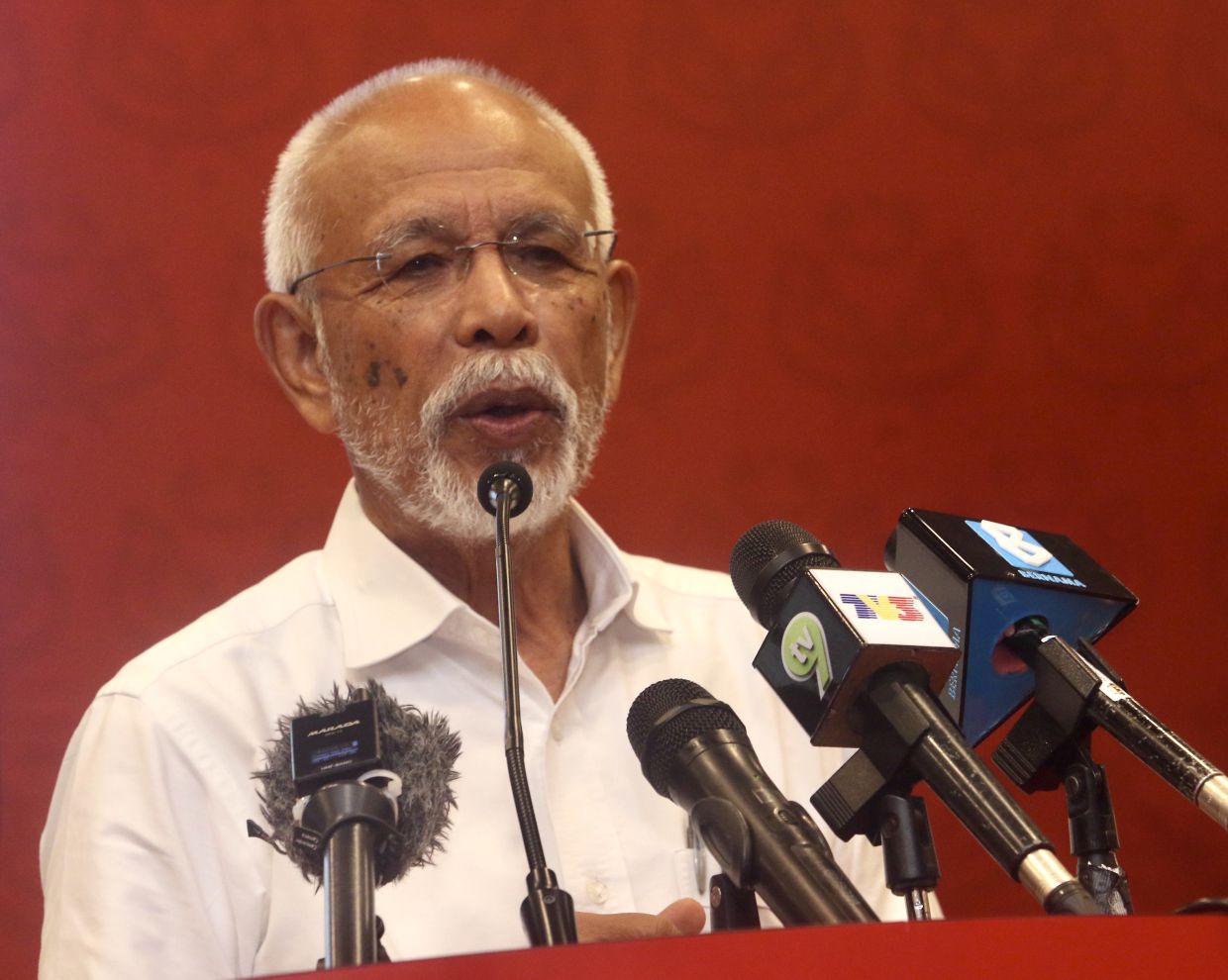KUALA LUMPUR: The RM30mil allocation in Budget 2025 for efforts to combat fraud and improve cybersecurity has been described as a proactive and timely measure by stakeholders.
Cybersecurity and artificial intelligence (AI) expert Dr Selvakumar Manickam said the allocation will protect individuals and businesses while maintaining national security.
“By addressing cybersecurity issues, we can create a safer environment for businesses, encourage innovation and attract foreign investment. All of this contributes to economic stability and growth,” he told Bernama.
Selvakumar said this provision will establish a robust cybersecurity framework while building trust in digital transactions and services.
“This trust is crucial in developing a dynamic digital economy and ensuring that all citizens, regardless of technical expertise, can engage with online platforms with confidence,” he added.
Selvakumar also emphasised that fraud prevention and cybersecurity measures will help build a more inclusive and resilient digital society, ultimately improving people’s quality of life.
Prime Minister Datuk Seri Anwar Ibrahim, in tabling Budget 2025 last Friday, announced an allocation of RM20mil to strengthen the role of the National Fraud Response Centre and the addition of 100 positions at the National Cyber Security Agency (Nacsa) with an allocation of RM10mil.
Nacsa chief executive Dr Megat Zuhairy Megat Tajuddin said the additional staffing will enhance the agency’s ability to monitor and coordinate essential measures aimed at strengthening the country’s cyber resilience.
“We will deploy additional staff at the Cyber Coordination Centre and Control Room (NC4), which operates around the clock to manage enforcement, develop policy and support collaborative efforts.
“This will increase Nacsa’s ability to monitor and coordinate important measures to strengthen our country’s cyber resilience,” he said.
Megat Zuhairy also welcomed the allocation of RM50mil to public universities for educational research related to AI and the collaboration between Universiti Putra Malaysia (UPM) and Nacsa in establishing the Malaysian Cryptology Technology and Management Centre.
He said the collaboration is in line with global momentum and ensures the preservation of the nation’s cyber and digital security sovereignty.
The centre will be established to plan and coordinate the migration programme of the country’s cryptographic system to post-quantum cryptography.
“This migration effort will be a strategic priority to ensure cybersecurity, National Critical Information Infrastructure (NCII) and people’s personal data are protected,” he said.
Through Budget 2025, UPM will establish the Malaysian Cryptology Technology and Management Centre in collaboration with Nacsa to integrate quantum computing AI in preparation for potential cybersecurity threats.
Megat Zuhairy said that by 2030, quantum computers are expected to be widely used and capable of performing high-speed computations.
He added that while this technology can potentially enhance computing capabilities in various beneficial fields, it also poses a risk to the foundations of cyber and digital security infrastructure, which currently relies on existing cryptographic systems.





































